Author: Scott Manning
-
Book Review: A Short Guide to Writing About History
Marius, Richard, and Melvin E. Page. A Short Guide to Writing About History, 7th ed. New York: Longman, 2010, 226 pages. A Short Guide to Writing About History is a book that has withstood the test of the time over the past two decades. Originally written in 1989 by the late Richard Marius, professor from…
-
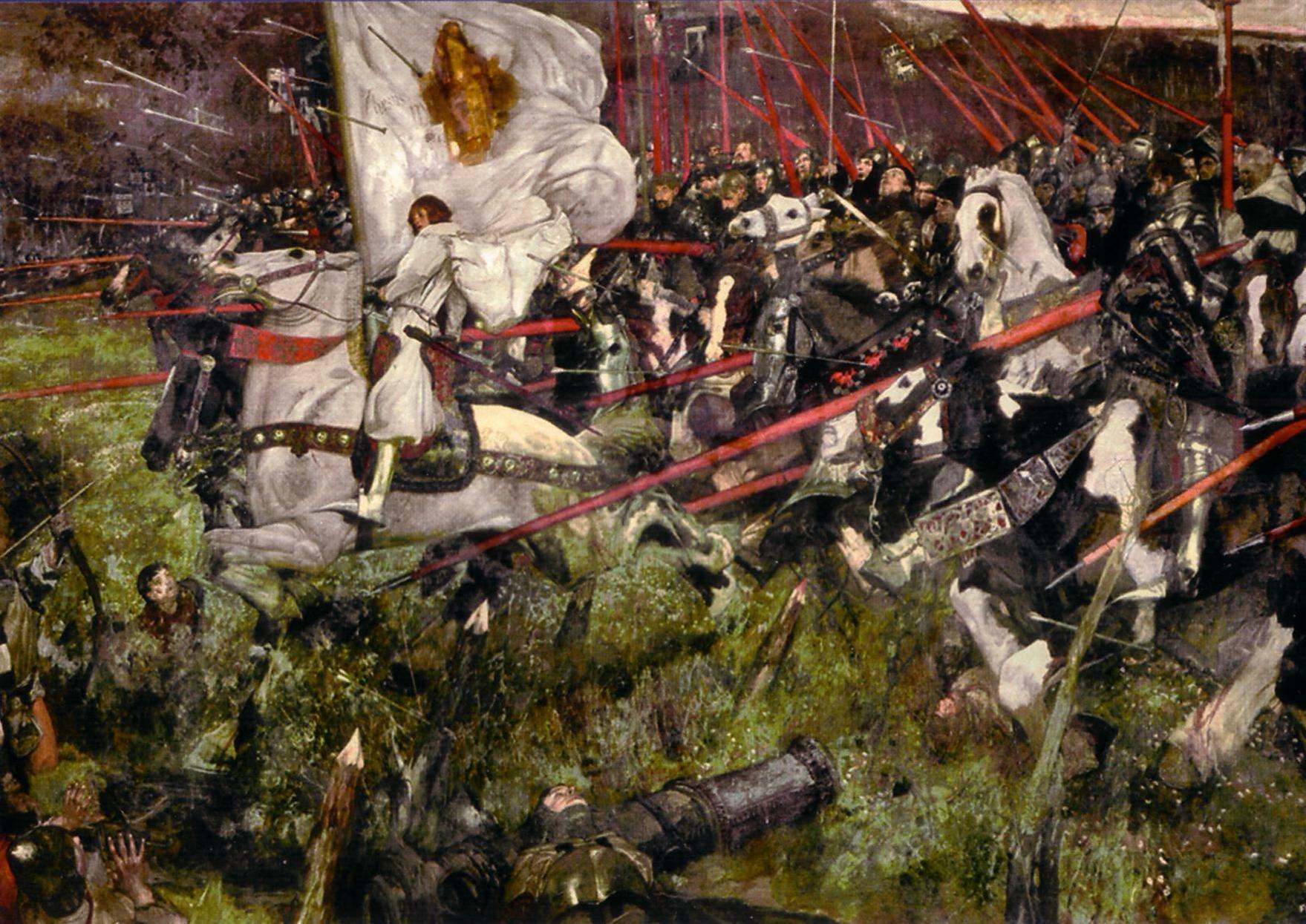
Joan of Arc’s Military Successes and Failures
Joan of Arc was an aggressive military commander who always opted for offense instead of defense. In thirteen known engagements, her troops were victorious nine times. At least thirty different cities, towns, and villages surrendered without a fight when she approached with her army. Personally, she was a skilled horseman and swordsman, but tactically, she…
-
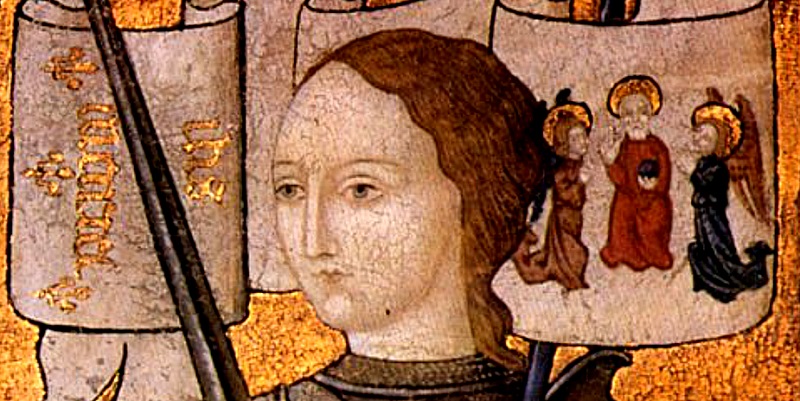
Book Review: Joan of Arc: A Military Leader
DeVries, Kelly. Joan of Arc: A Military Leader. Phoenix Mill: Sutton Publishing, 2003, 244 pages. Kelly DeVries, author and professor of history at Loyola University in Maryland, has written a strong case that scholars have incorrectly analyzed Joan of Arc through virtually every lens save for a military one. She “was a soldier, plain and…
-

What is the Value of Studying Military History?
Military history is a valuable field of study to both professional soldiers and civilians. As historian John Keegan said, “[t]he written history of the world is largely a history of warfare.” ((John Keegan, A History of Warfare (New York: Alfred A. Knopf, 1994), 386.)) Yet one may argue if someone is not preparing for war, what…
-
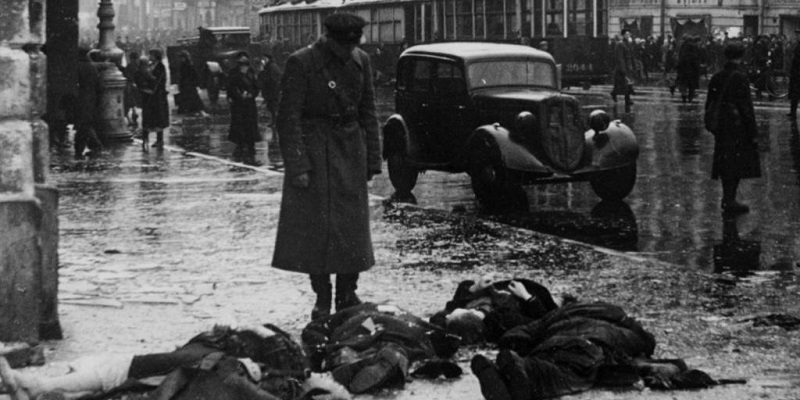
Nazi Body Count in USSR: 12,250,000 Non-Battle Deaths
Editor’s Note: This article is part of a larger project detailing the death toll inflicted by Nazi Germany outside the realm of combat. To see the full body count by country click here. Body Count: 12,250,000 ((This number is determined by taking all available estimates from various sources, averaging them, and selecting the mid-value of…
-
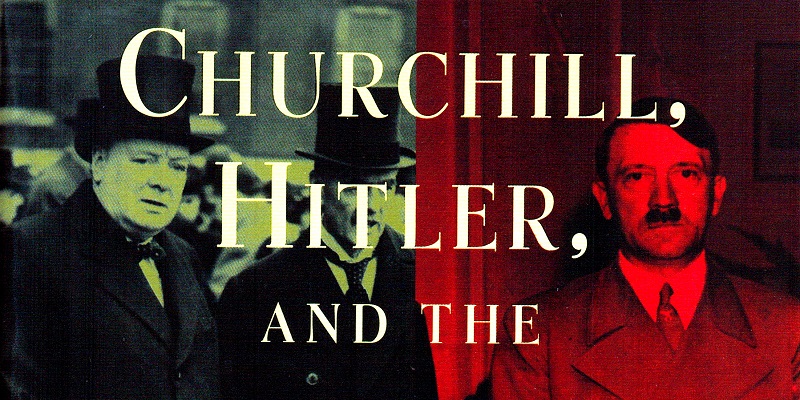
Churchill, Buchanan, and the Unnecessary Book Part 1
Military historian John Keegan once said that historians “are committed to controversy as a way of life.” ((John Keegan, The Battle for History: Re-Fighting World War II (New York: Vintage Books, 1996), 28.)) Patrick J. Buchanan, the man who referred to the 1992 Democratic National Convention as the “greatest single exhibition of cross-dressing in American political history,” is certainly…
-
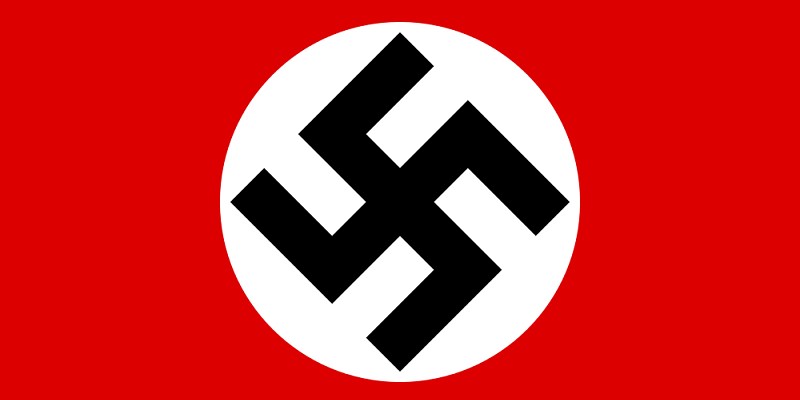
Nazi Body Count: 20,946,000 Non-Battle Deaths
The Nazi Body Count represents non-battle deaths caused by Nazi Germany between 1933 and 1945. This includes genocide, execution of civilians and POWs, forced labor that resulted in deaths, bombing of civilian populations, imposed famine and resulting diseases, and “euthanasia.” These numbers do not include civilians who got caught in the cross-fire of battle. The…
-
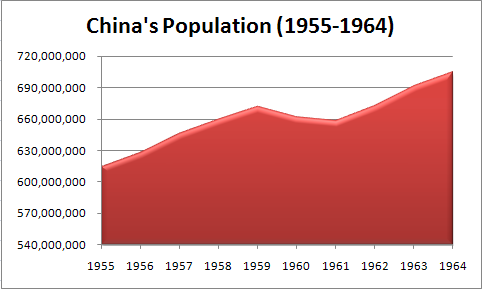
Visualizing the Effects of the Great Leap Forward
38,000,000 people dying in a four-year period is hard to fathom, but that’s how many starved to death in China from 1958-1961 during the Great Leap Forward. ((Jung Chang and Jon Halliday, Mao: The Unknown Story (New York: Alfred A. Knopf, 2005), 438.)) This does not even include 10,729,000 that died in labor camps, were…
-
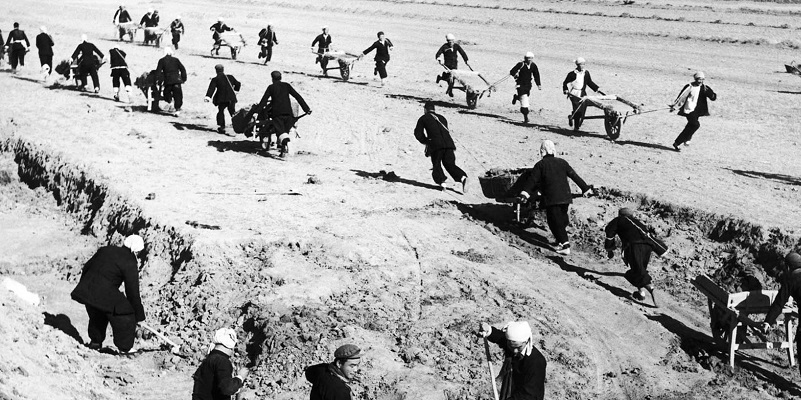
The Causes of Starvation During the Great Leap Forward
In May of 1958, the People’s Republic of China launched The Great Leap Forward, an effort by the country’s leaders to transform China into a military superpower in just five years. The goal was to increase the country’s grain and cereal production by grouping the peasants into “thousands or even tens of thousands of families,…
-
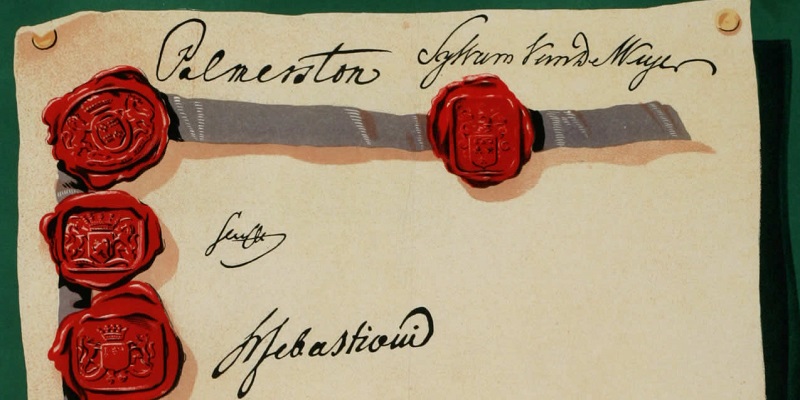
Belgium’s Neutrality was More than a “Scrap of Paper”
On August 3, 1914, Great Britain sent an ultimatum to Germany not to invade Belgium. The next day, German troops were in the neutral country and Great Britain declared war. Great Britain’s reasoning was that Belgium was an independent, neutral state whose existence and sovereignty was guaranteed by Great Britain, France, Russia, Austria, and Germany.…
-

Treaty of London, 1839: The Complete Text
The 1839 Treaty of London was the document cited by Britain when they presented Germany with an ultimatum not to invade Belgium on August 3, 1914. I have found several websites which quote the relevant portions of the treaty, but I could not find a website that had the treaty in its entirety. The following…
-

Why Study Winston Churchill?
The purpose of this presentation is to give people an understanding why Churchill is worth studying today. The presentation takes look at why most of us remember Churchill, an overview of his political and writing careers, and how recent leaders saw him. Sources The Ronald Reagan quotes come from a letter sent to the…
